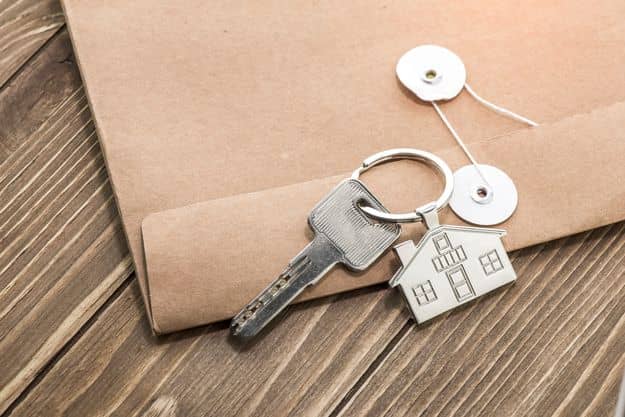Putting together a property portfolio is a long-term endeavour that requires careful planning. The private rental sector is now flourishing, so if you’ve been thinking about turning your home into a full-fledged company, now could be the best moment to take advantage of the market’s favourable conditions. Hamilton Fraser has put together a checklist of things to think about while creating a property portfolio, covering the essentials to get you started.
Set Objectives
Even if it’s a one-person company, every firm should have a defined set of goals and financial objectives. Your primary goal as a landlord may be capital appreciation, long-term rental income, or a mix of the two. Prior to making your first property acquisition, choose your purpose to steer the future of your property portfolio. Setting a realistic schedule for achieving your objectives will help keep your business on track, and reviewing your goals and strategies on a frequent basis helps keep you motivated.
Consider The Small Things
When it comes to building a property portfolio, unlike most of the advice given to new company owners, starting with just one investment is the best way to go. Because your first property will set the tone for the rest of your portfolio, investing carefully and doing your homework will pay you in the long term. Although you may be an exception, very few landlords are able to build a portfolio by acquiring many homes from the outset. Consider factors such as location; would you like a home that is close by so you can maintain it yourself or one that is further away and will be managed by a management company? Whatever you choose, keep your company goals in mind to avoid deviating from your strategy.
Good Condition Is The Way To Go
It might be tempting to acquire a run-down house that is hence less expensive with the intention of giving it a rapid makeover before renting it out and thereby raising its worth. Many television property shows have shown this as a lucrative path to go. Realistically, though, it is preferable to avoid houses that require extensive repairs and renovations because they will sit empty during the process, perhaps costing much more money in the long run. Selecting homes that require little renovation can make budgeting easier, and you’ll be able to start generating money from renting out sooner.
Recognize Taxes
HMRC will classify any rent you get as income, so it’s critical to understand how it all works before starting a property portfolio. You will have to apply to fill out a self-assessment tax form unless you employ someone to manage your money, which is, of course, the easiest choice. You’ll need to set aside money to pay the tax bill, which will be payable the following year after the income is received. Read the government’s guidance for further information on legal and tax obligations.
Boost Your Profits
Once you’re confident in your financial situation, you may start thinking about increasing the value of your properties, which can help you build equity while also increasing your rental revenue. Renovations, subdividing the property, adding dual occupancy, or expanding the number of bedrooms are all options for improving value. Different strategies will work for different properties and the kind of renters you want to recruit in the end.
10 Properties provides expert advice from Financial Advisor in Melbourne and can get details about new homes for sale. For further queries, please reach out at [email protected] or call 1300-617-677.

